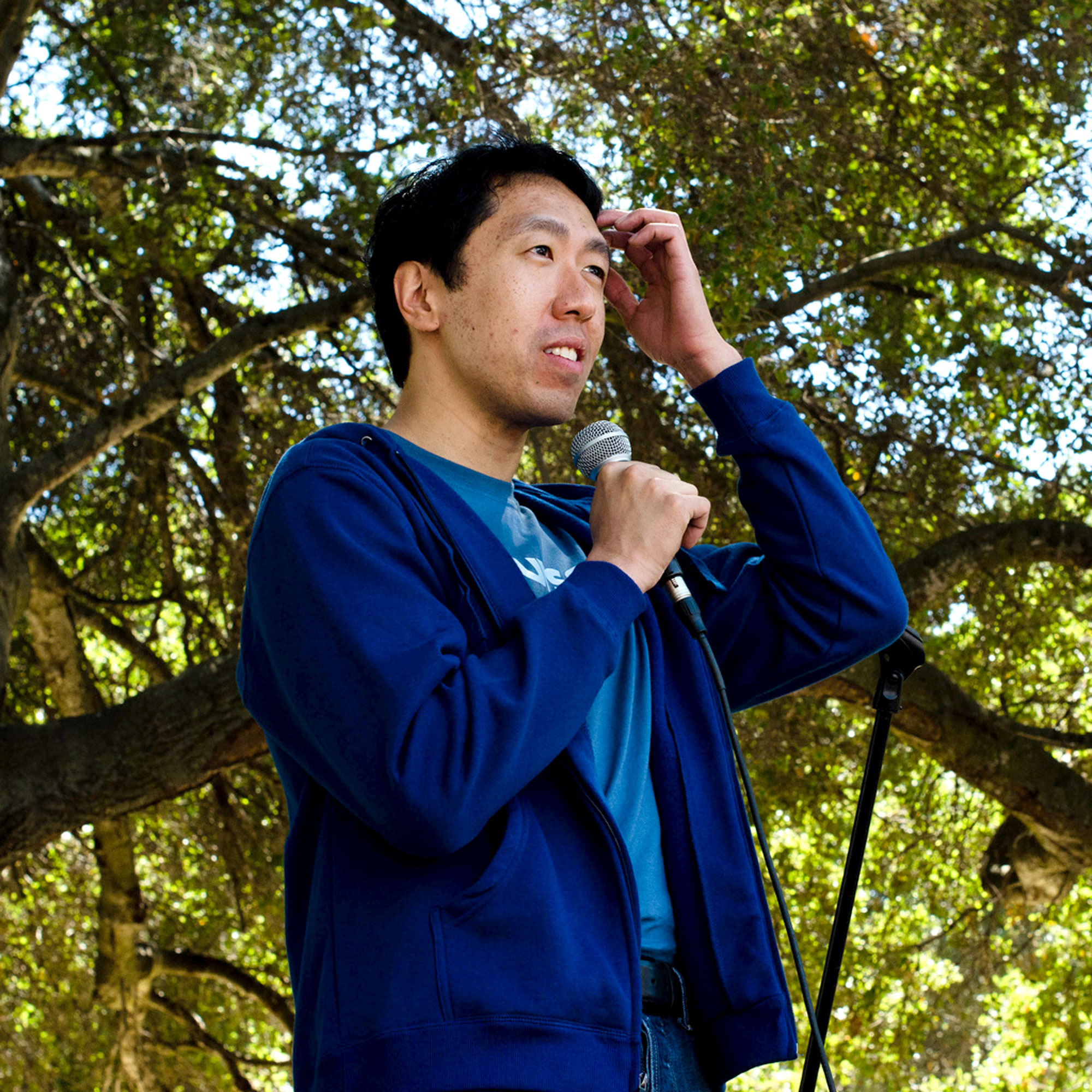Andrew Ng Is Leaving Baidu in Search of a Big New AI Mission

Andrew Ng, a leading figure in the world of artificial intelligence, is leaving his post as chief scientist at China’s Baidu and says he wants to find ways of advancing AI beyond the technology world.
Ng is known for playing a leading role in formulating the AI strategy of both Baidu and Google. He says he is leaving the Chinese company on good terms and simply wants to find a new challenge. “I’ve decided to step away from this role while everything is going well and look at some other things,” he told MIT Technology Review.
“I don’t know precisely what I’ll do, but I think AI offers a lot of opportunities, not just at big companies like Baidu but for entrepreneurs, and for advancing basic research,” Ng added. “I plan to spend some time looking at other opportunities to use AI to help people.”
Ng is well respected within the field for his technical expertise in machine learning, but also for finding innovative ways of applying AI.
After joining Baidu, China’s leading Internet search company, in 2014, Ng helped develop an AI-first strategy. He oversaw the creation of several new AI-focused research groups and led a team of more than 1,300 researchers, engineers, and other staff, including the Silicon Valley AI Lab in California.
Under Ng, Baidu researchers made fundamental advances in speech recognition (see “10 Breakthrough Technologies: Conversational Interfaces”). Within the past year, the department has also spawned two new business units for the Chinese market: one dedicated to automated driving, another to providing software for voice-controlled devices. Baidu is now leveraging its AI technology in banking, health care, call-center support, and more.
China’s tech companies have, at times, been accused of copying their Western counterparts. But a growing focus on fundamental research, as embodied by Baidu’s strategy, is starting to change that perception.
“I’ve been making this analogy that AI is the new electricity and will transform industry after industry, and Baidu is well positioned to transform several industries,” says Ng, who announced his departure in a blog post Wednesday.
Before coming to Baidu, Ng did pioneering work in machine learning as an associate professor at Stanford University, and he was a founding leader of the Google Brain Team, which developed and applied the new techniques known as deep learning at the company. But Ng hinted that he may now look outside the tech world: “I plan to take some time looking beyond the transformation of tech companies.”
Ng is also well known for cofounding the online education platform Coursera, where he teaches an extremely popular course on machine learning. And he has been outspoken about the need to address the job displacement that AI may lead to.
These facts may offer some clues about his future. “There are many verticals I’m excited about,” he says. “I’m super excited about health care; I’m super excited about education—major industries where AI can play a big role.”
Baidu has not announced a replacement for Ng, and a spokesperson says it’s possible his role will be split among several people.
Keep Reading
Most Popular
Large language models can do jaw-dropping things. But nobody knows exactly why.
And that's a problem. Figuring it out is one of the biggest scientific puzzles of our time and a crucial step towards controlling more powerful future models.
How scientists traced a mysterious covid case back to six toilets
When wastewater surveillance turns into a hunt for a single infected individual, the ethics get tricky.
The problem with plug-in hybrids? Their drivers.
Plug-in hybrids are often sold as a transition to EVs, but new data from Europe shows we’re still underestimating the emissions they produce.
Stay connected
Get the latest updates from
MIT Technology Review
Discover special offers, top stories, upcoming events, and more.